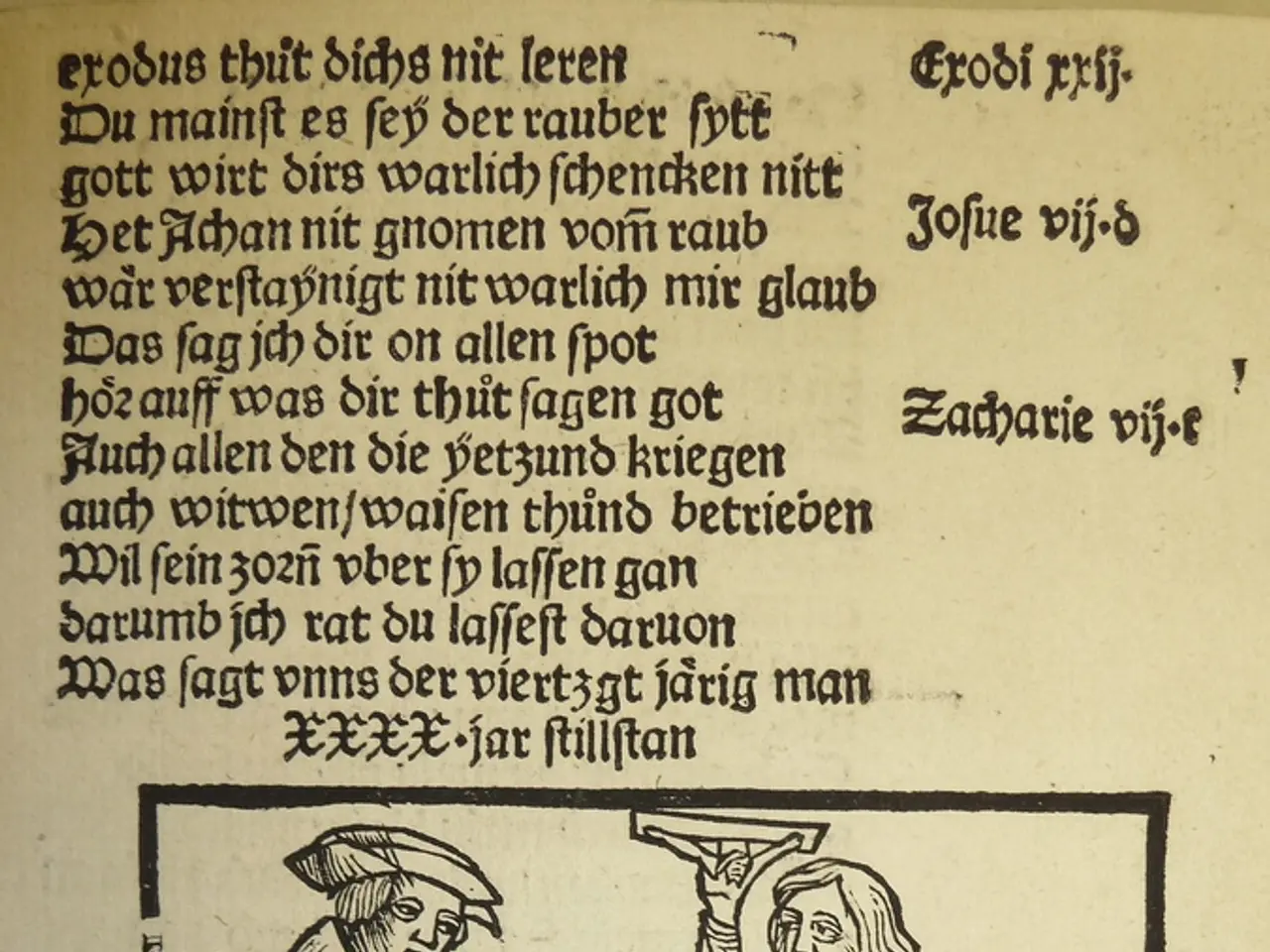Consider whether you should opt for English A Language and Literature Standard Level (SL) or Higher Level (HL) in your curriculum.
In the International Baccalaureate (IB) Diploma Programme, students have the opportunity to choose between Standard Level (SL) and Higher Level (HL) for English A: Language and Literature. This decision can have a significant impact on a student's academic journey, university applications, and overall experience. Here's a detailed comparison and advice for making an informed decision.
### Workload
The workload for both SL and HL students focuses on key areas such as readers, writers, and texts; time and space (contextual influences); and intertextuality (connecting texts). However, the depth of study and the amount of work required differ. SL students are expected to complete 50 hours of teaching content per part, while HL students are required to commit to 80 hours per part, including additional texts and more complex comparative studies. HL students also undertake a Higher Level (HL) Essay, an extended literary analysis of a chosen work, which is an extra writing commitment compared to SL.
### University Applications
Universities often view HL as more rigorous and may favour it, especially for literature, humanities, or language-related degrees due to its deeper analytical and comparative components. SL is generally sufficient for most university requirements and is well-balanced if a student is taking multiple HL subjects or needs to allocate time to other demanding courses.
### Overall Experience
HL students engage in deeper literary and linguistic analysis, study more texts, and handle a heavier analytical workload. This can be intellectually rewarding but also time-consuming and challenging. SL students, on the other hand, have a lighter workload, which can allow more time to focus on other subjects or extracurriculars, but with less depth in literary exploration.
### How to Make an Informed Decision
Students should consider the following:
1. **Academic Strengths:** - Choose HL if you excel in reading, writing, and critical analysis and enjoy exploring literature in depth. - Choose SL if you prefer a balanced workload or feel less confident with extended literary study.
2. **Interests:** - HL suits those passionate about literature or language and who want to develop advanced analytical skills. - SL fits students who want a solid understanding without the additional demands of HL.
3. **Time Management Skills:** - HL requires strong time management to handle additional reading, essay writing, and coursework. - SL provides a more manageable workload, ideal if other subjects or activities require significant attention.
4. **University and Career Goals:** - If aspiring to study literature, linguistics, or related fields, HL can strengthen applications. - For other fields, SL is often adequate, and taking HL in other related subjects might compensate.
### Summary Table
| Factor | Standard Level (SL) | Higher Level (HL) | |--------------------|---------------------------------------------|--------------------------------------------| | Teaching Hours | 50 hours per part | 80 hours per part | | Texts Studied | Fewer texts, less depth | More texts, deeper literary analysis | | Additional Tasks | No HL Essay | Required HL Essay (1200–1500 words) | | Exam Weighting | No HL Essay; fewer assessment components | Includes HL Essay (20% of final grade) | | Workload | Moderate | High | | University Impact | Sufficient for most courses | Preferred for literature/humanities degrees| | Overall Experience | Balanced, less intense | Intense, more analytical experience |
By carefully assessing your personal academic skills, interests, and workload capacity, you can select the IB English A: Language and Literature level that best suits your goals and ensures a rewarding IB Diploma experience.
In the process of choosing between Standard Level (SL) and Higher Level (HL) for English A: Language and Literature in the International Baccalaureate (IB) Diploma Programme, one must consider the question bank related to education-and-self-development, personal-growth, and learning. For example, students who excel in critical analysis, have a passion for literature, and wish to develop advanced analytical skills should opt for the Higher Level. On the other hand, those seeking a more balanced workload or requiring time to focus on other subjects or activities may find SL more suitable. The learning outcome of this decision could impact university applications, particularly for literature, humanities, or language-related degrees, leading to personal growth and self-development.




